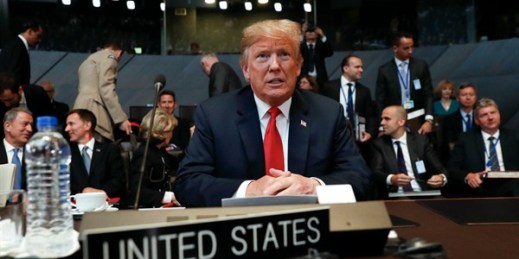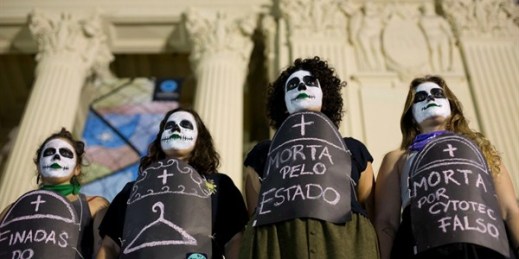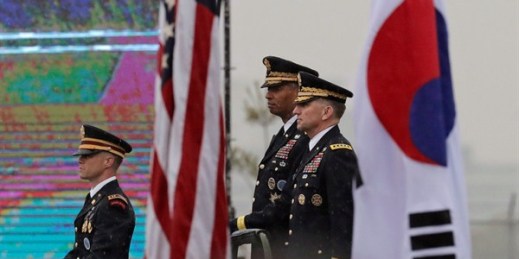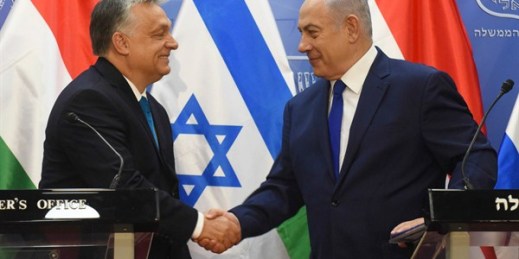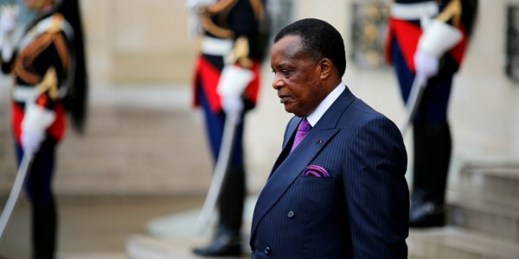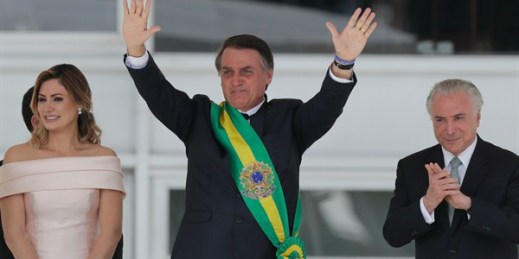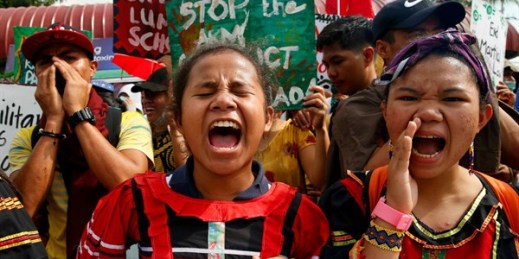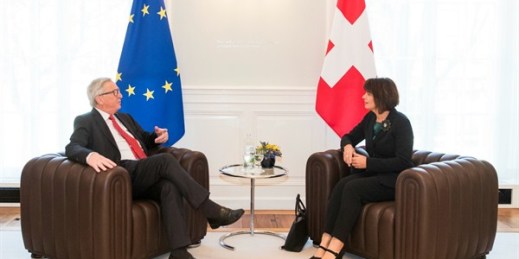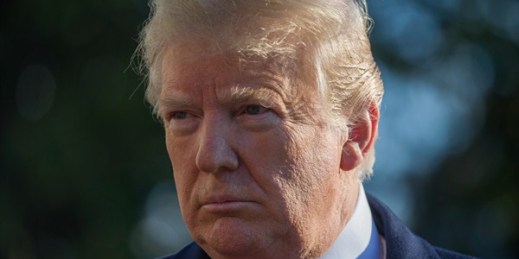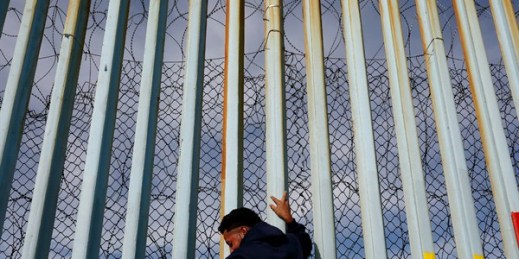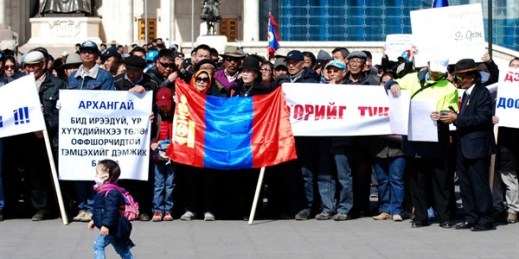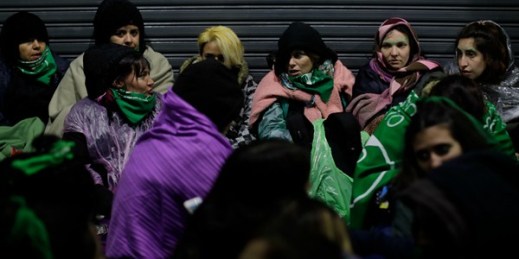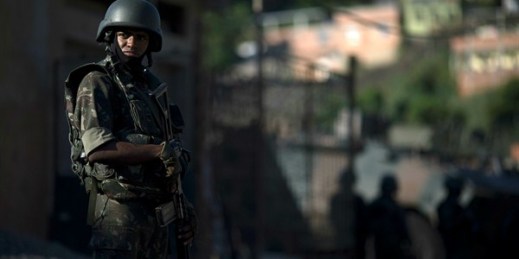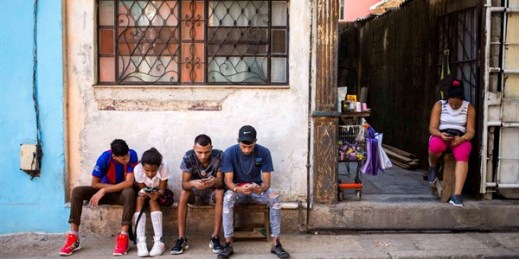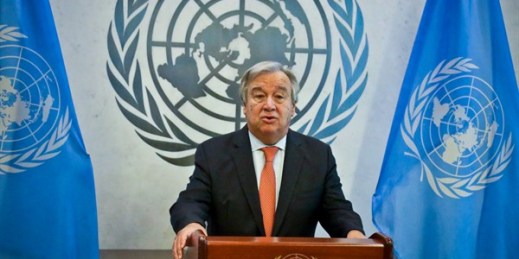
The government in the Democratic Republic of Congo cut internet and text message services across the country two days in a row last week, as tensions rose ahead of the release of official results from last month’s presidential election. It was just the latest move to restrict internet access by a state with a poor democratic track record, as more countries appear to take their digital cues from the likes of China and Russia. Last year, Thailand proposed a cybersecurity law that would give the government “sweeping powers” to surveil the internet, censor content and even seize computers “without judicial […]

